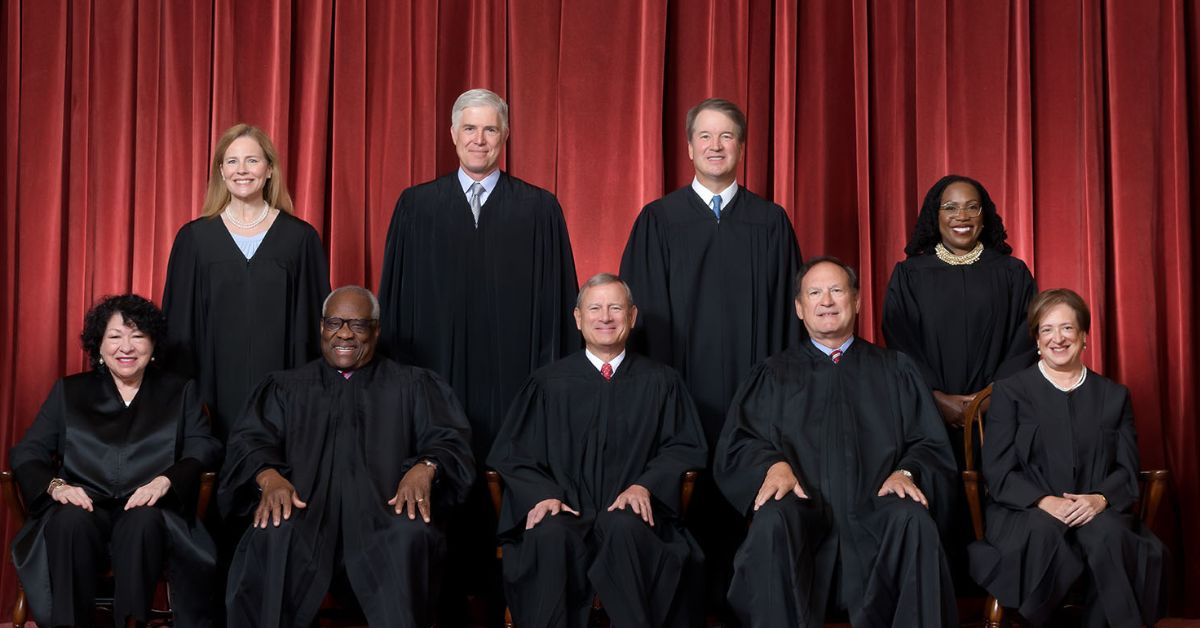The U.S. Supreme Court has determined in a 9 to 0 opinion that government officials can sometimes be sued for blocking or muting constituents on their official government social media accounts.
With a new standard set by the Supreme Court, they asked two lower courts to revisit several cases to determine if the officials had “actual authority to speak on behalf of the state on a particular matter.” They also asked the lower courts to determine if the elected officials had “purported to exercise that authority in the relevant posts.”
One lower court case involved two school board trustees, while another involved a city manager. In both cases, the citizens were blocked from commenting on social media pages.
Justice Amy Coney Barrett wrote the opinion for the Court and said, in part,
“For social-media activity to constitute state action, an official must not only have state authority—he must also purport to use it. Griffin, 378 U. S., at 135. State officials have
Citation
a choice about the capacity in which they choose to speak.
“[G]enerally, a public employee” purports to speak on behalf
of the State while speaking “in his official capacity or” when
he uses his speech to fulfill “his responsibilities pursuant to
state law.” West, 487 U. S., at 50. If the public employee
does not use his speech in furtherance of his official responsibilities, he is speaking in his own voice.”
Barrett went on to say in the opinion that,
“Hard-to-classify cases require awareness that an official
Citation
does not necessarily purport to exercise his authority
simply by posting about a matter within it. He might post
job-related information for any number of personal reasons,
from a desire to raise public awareness to promoting his
prospects for reelection. Moreover, many public officials
possess a broad portfolio of governmental authority that includes routine interaction with the public, and it may not
be easy to discern a boundary between their public and private lives. Yet these officials too have the right to speak
about public affairs in their personal capacities. See, e.g.,
id., at 235–236. Lest any official lose that right, it is crucial
for the plaintiff to show that the official is purporting to exercise state authority in specific posts. And when there is
doubt, additional factors might cast light—for example, an
official who uses government staff to make a post will be
hard pressed to deny that he was conducting government
business.”
The lower courts must now use the Supreme Court’s opinion to review the two cases. Other lower courts will also examine their individual cases under the same lens.
You can read the full opinion here.





